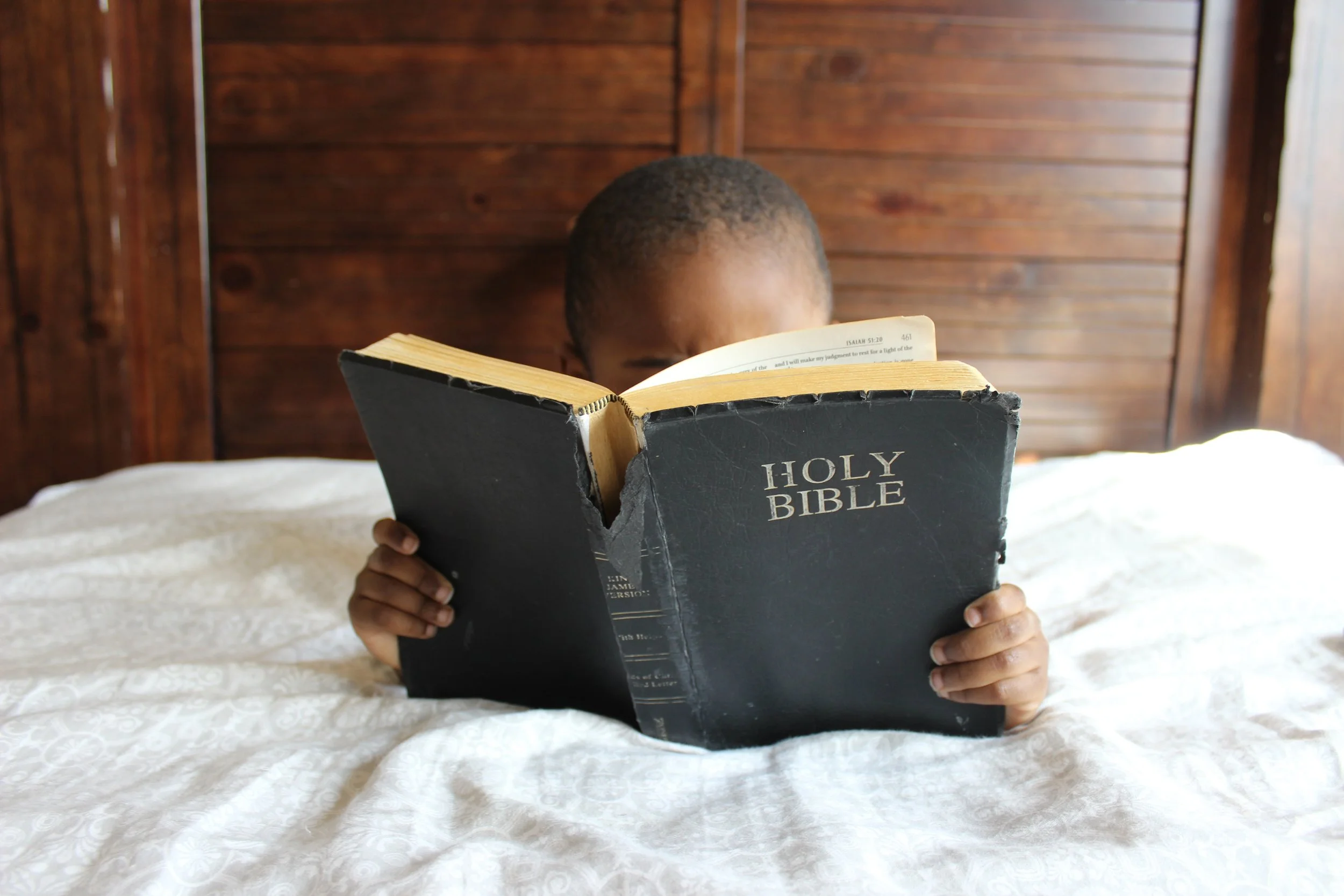Leaving a church can be like committing spiritual divorce.
Have I got your attention?
I evidently got the attention of the group I was teaching last week, to the point I had to make a lengthy clarification of my comments the next time the group was together.
The (very fair) question came back at me: “Then is it ever right to leave a church?” Obviously the answer is yes. Once-thriving churches can start to die. They can begin to teach wrong doctrine. Leadership can go off the rails. Sometimes job relocation or other circumstance means we have to change church. And sometimes it is just not a spiritual fit. But all these things do not change the fact that people leave churches far too often for the wrong reasons, leaving a trail of hurt and brokenness behind and taking the same baggage with them, which sadly results in them often leaving the next church as well.




